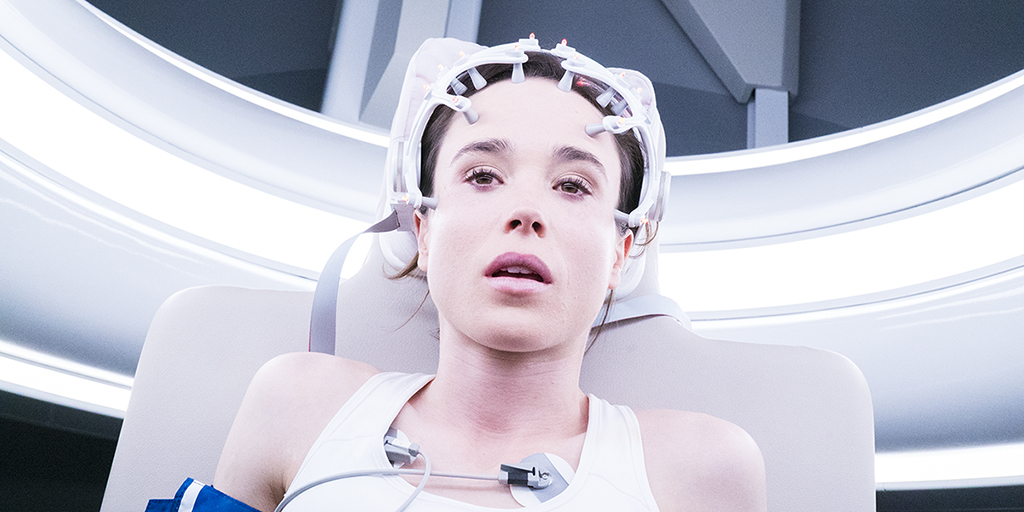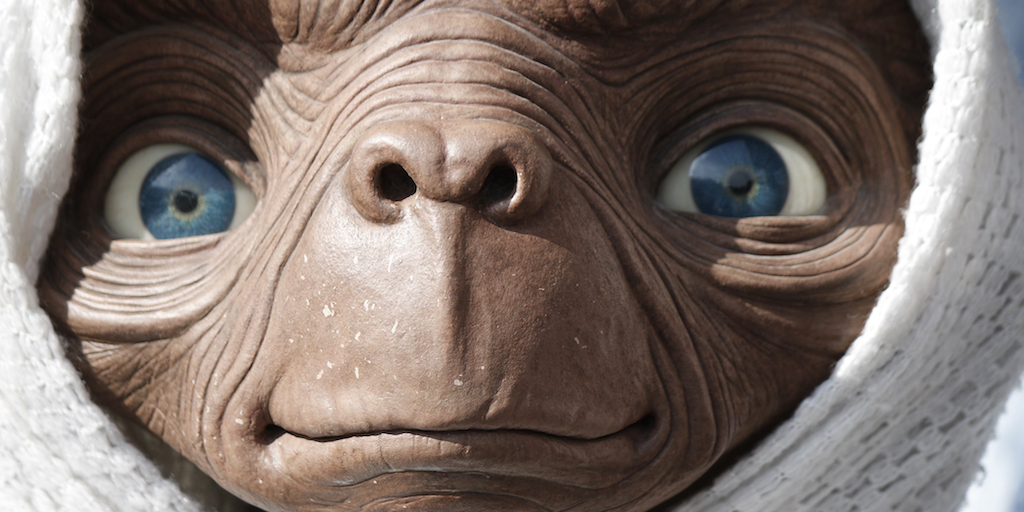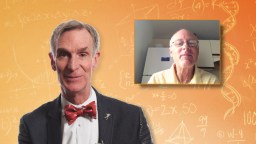consciousness
If we’re going to treat psychological suffering as effectively as we treat pneumonia and broken bones, we’d better think outside the box.
The idea is just as ‘crazy’ as Einstein telling us that time slows down at high speeds, or Darwin saying that our ancestors were apes.
Two meditation pioneers, Daniel Goleman and Richard J. Davidson, answer that question in their new book, Altered Traits.
The “pseudo-science” of this remake barely registers a pulse.
French researchers recently roused a patient out of a vegetative state.
AI won’t really resemble humanoids. Instead, AI will create a world that countries and large companies can live in.
▸
9 min
—
with
Exploring the ramifications of consciousness in alien life.
When it comes to time, and what the heck it actually is, there’s a clash of ideas between physics and neuroscience.
▸
5 min
—
with
Philosophers David Chalmers and Daniel Dennett argue over “philosophical zombies,” created to question the nature of human consciousness.
‘Deep learning’ AI should be able to explain its automated decision-making—but it can’t. And even its creators are lost on where to begin.
Philosopher Daniel Dennett believes AI should never become conscious — and no, it’s not because of the robopocalypse.
▸
4 min
—
with
If you cloned yourself perfectly, would the clone have the same mind? At the heart of this question is an investigation into what – and where – consciousness is.
▸
4 min
—
with
Altered states of consciousness are documented across cultures, from shamans to Silicon Valley coders. As different as these experiences seem, there are four neurological features they all have in common.
▸
5 min
—
with
Where is your mind? Professor Daniel Siegel answers this question with a more revolutionary one: Where isn’t your mind?
▸
6 min
—
with
Philosopher and cognitive scientist David Chalmers warns about an AI-dominated future world without consciousness at a recent conference on artificial intelligence that also included Elon Musk, Ray Kurzweil, Sam Harris, Demis Hassabis and others.
The human mind is like a Turing machine, says Daniel Dennett. It’s made up of unthinking cogs – but when combined in the right order, their motion gives rise to consciousness.
▸
7 min
—
with
Descartes’ solitary, inward-facing mindset misconstrues the social nature of our thinking. Social Cartesianism better captures the soul of what matters in distinguishing humans from animals or machines.
Skeptic John Horgan identifies new theories of matter and the universe that reveal human narcissism.
Just imagining movement fires the same neurons as if we were actually moving. A new study shows we can wake our sleeping mind to practice motor skills in our dreams.
The man who lives a functional life with most of his brain filled with water challenges what we know about the brain.



















